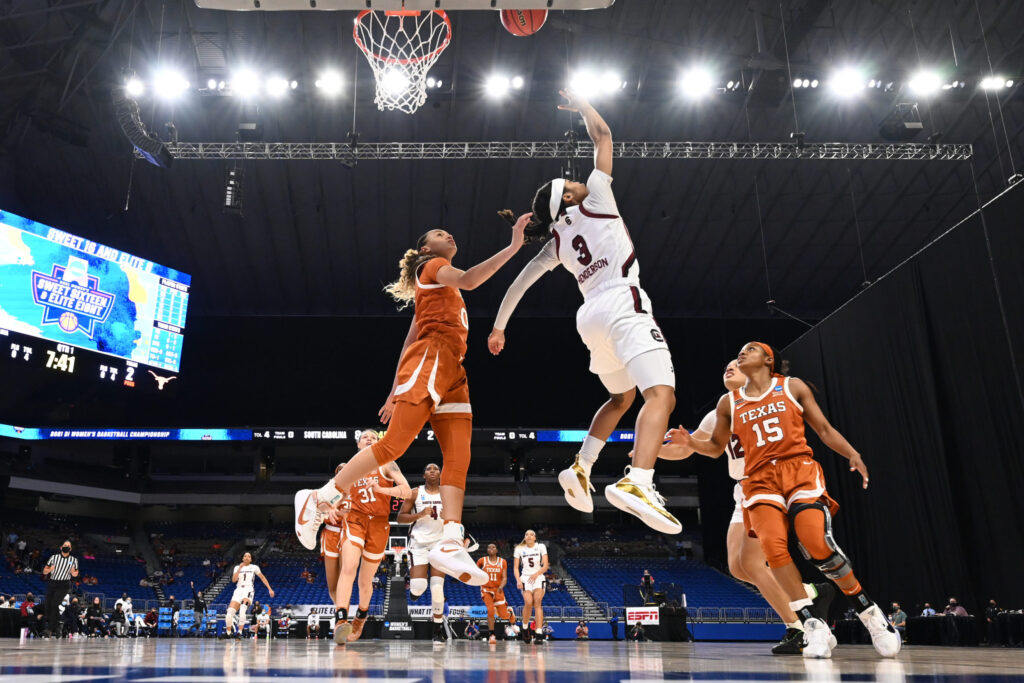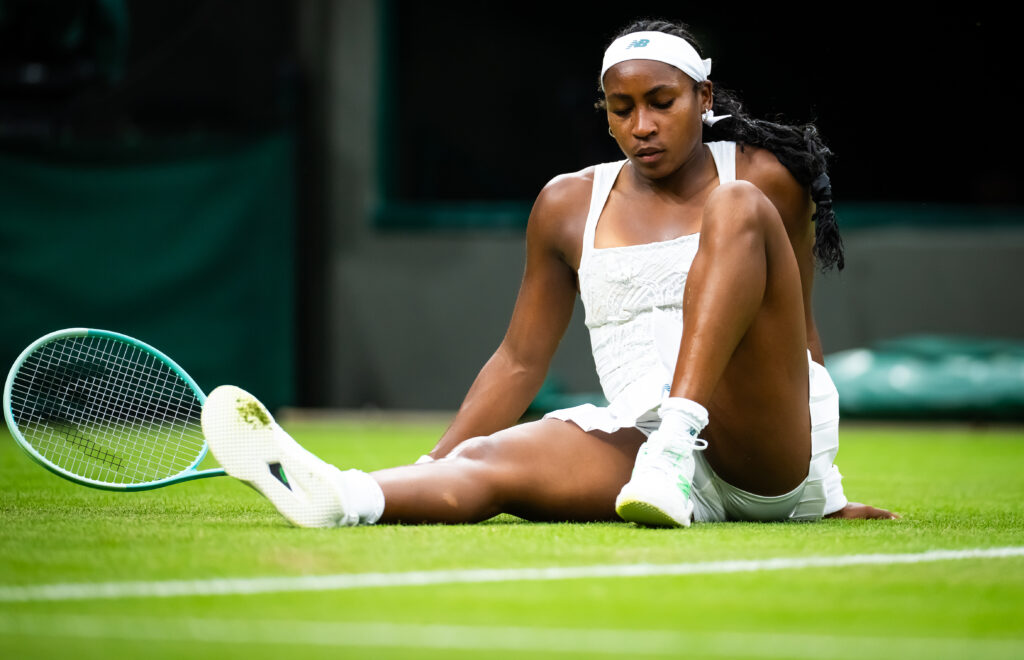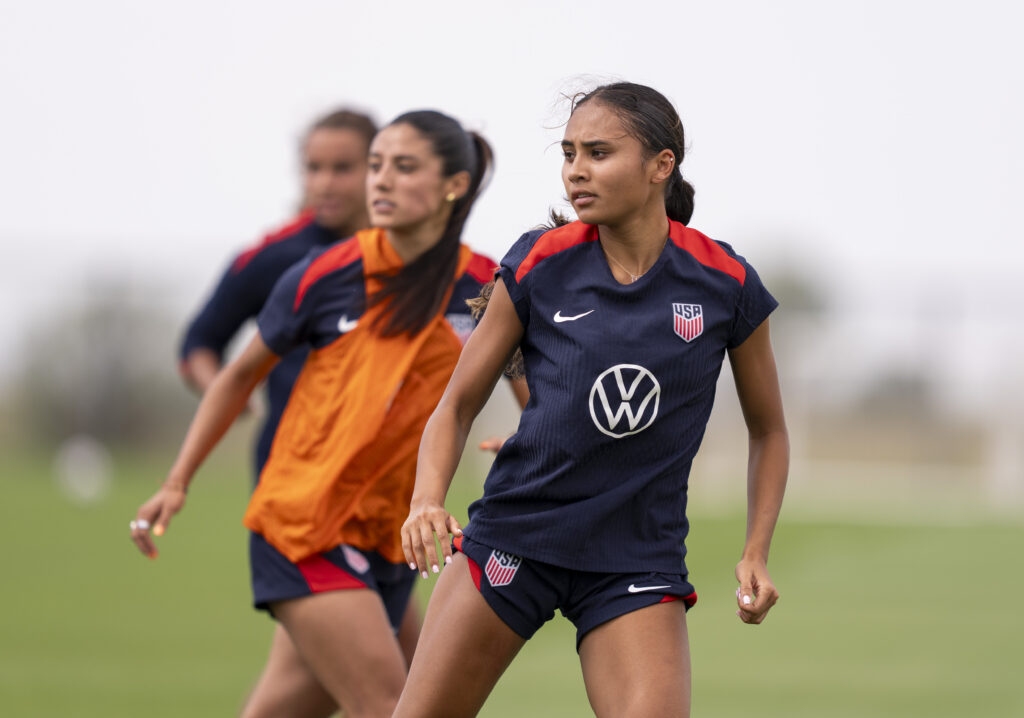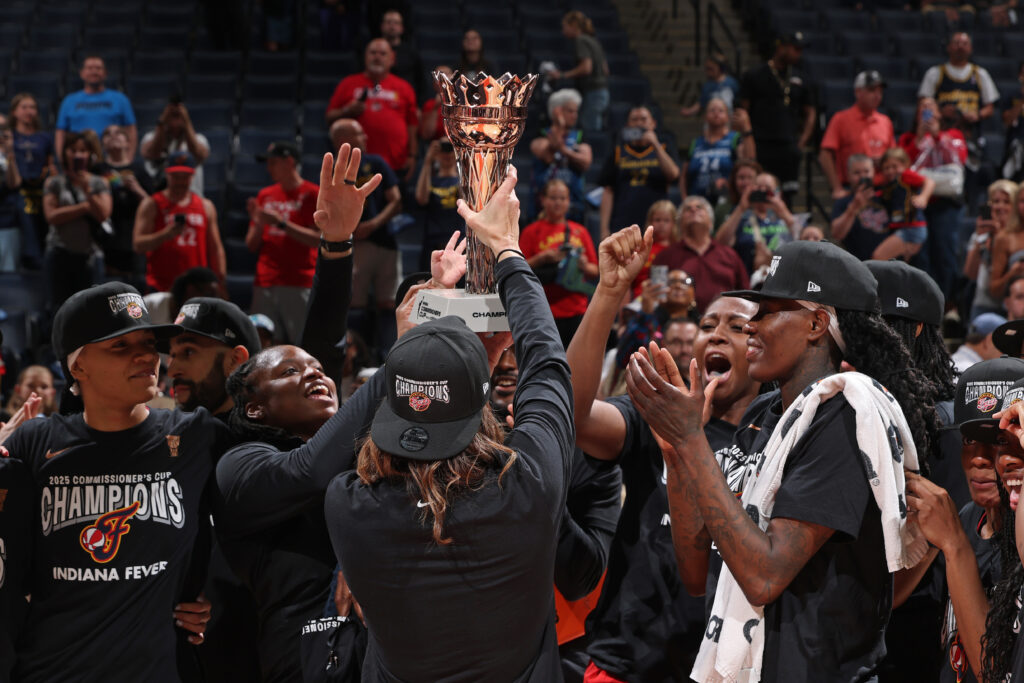The long-awaited NCAA gender equity review, conducted by an outside law firm, was released on Tuesday. The investigation, which launched in the wake of widespread criticism of inadequate facilities and amenities at the 2021 women’s basketball championship, revealed that the NCAA has fallen short of upholding its commitment to gender equity.
As a result, the review called for the NCAA to conduct annual assessments for the next five years that will track their progress on gender equity.
Here are the three most eye-opening findings from the investigation into the NCAA’s inequities, prepared by civil rights attorney Roberta A. Kaplan of Kaplan Hecker & Fink LLP.
The NCAA has greatly undervalued the women’s tournament
Currently, the NCAA Women’s Basketball Tournament is broadcast as part of a package media deal with 29 other NCAA championships. That deal costs ESPN roughly $34 million per year through 2023-24. The Kaplan report, citing an independent analysis by sports media and marketing experts, found that the women’s tournament on its own will be worth between $81 million and $112 million annually by 2025.
The revenue the NCAA generates from its media deal for the men’s basketball tournament, the report argues, is prioritized “over everything else in ways that create, normalize and perpetuate gender inequities.”
The NCAA’s “mistaken narrative”
The Kaplan report noted that the disparities between the men’s and women’s tournaments were not confined to this year. The NCAA’s structure and systems, according to the report, “are designed to maximize the value of and support to the Division I Men’s Basketball Championship as the primary source of funding for the NCAA and its membership.”
As such, the report argues that the NCAA “does not have the structures or systems in place to identify, prevent or address those inequities.”
It also found that the NCAA’s neglect of women’s basketball has been “perpetuating a mistaken narrative” that it’s not a valuable sport for the NCAA and is destined to be a “money loser.”
What’s next?
As a result of the findings, Kaplan has put forth several recommendations for changes the NCAA should implement to help bridge the gap between men’s and women’s sports.
First, it recommends the NCAA use the “March Madness” branding for both the men’s and women’s basketball tournaments. The branding has traditionally been associated only with the men’s Division I basketball tournament, for which the NCAA came under fire in the spring. The NCAA has since said it will consider changing that approach to include the women’s tournament. The report also suggested that the NCAA hold the men’s and women’s tournaments at the same site to create opportunities for cross-promotion and sponsorships.
Additionally, Kaplan recommended an overhaul in the leadership structure of Division I basketball that prioritizes gender equity and coordination between the men’s and women’s tournaments. The report also calls for a real-time gender equity audit of each tournament to be conducted every year.
Coaches across women’s basketball have applauded the review since its release Tuesday. The NCAA Board of Governors said in a statement that it is “wholly committed to an equitable experience among its championships,” calling on NCAA President Mark Emmert to take immediate action.









